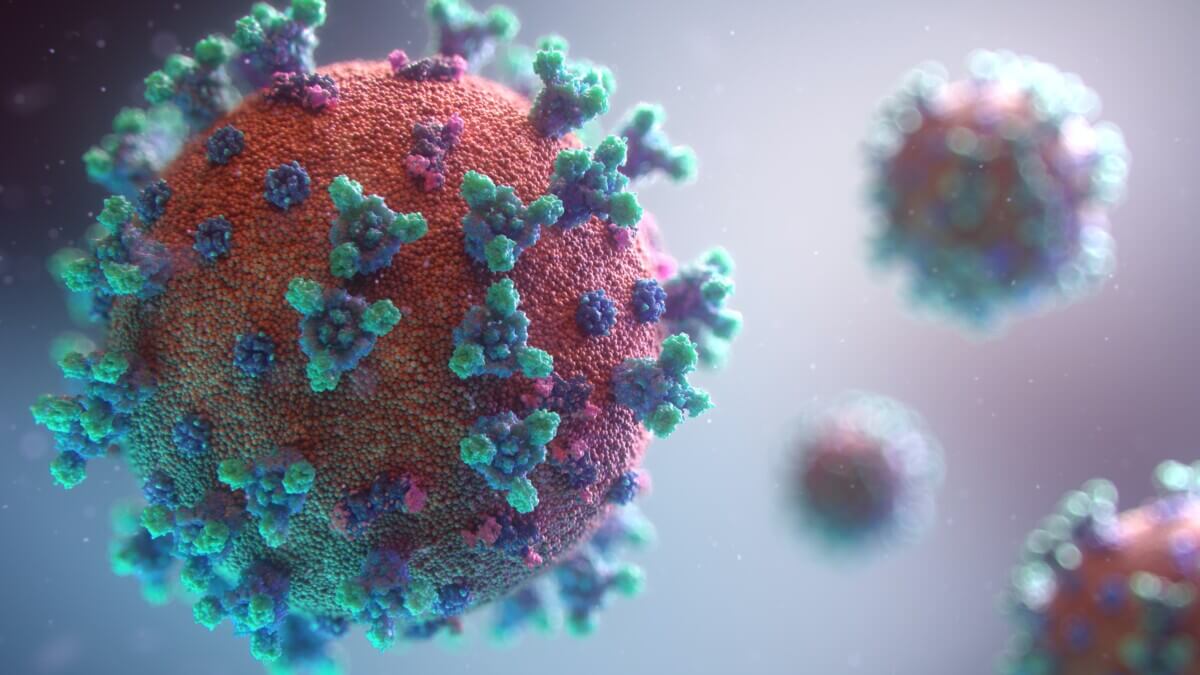
Photo by Fusion Medical Animation on Unsplash
LUBBOCK, Texas — For some COVID-19 patients, getting over their infection is just the beginning of the recovery. Over the last year, COVID “long haulers” have continued experiencing a variety of symptoms months after the virus clears. These include anything from skin problems, to shortness of breath, to losing the sense of taste or smell. Now, researchers say they may know why this is happening. A new study finds coronavirus actually causes long-term changes to an infected patient's genes.
Specifically, scientists reveal the spike protein of SARS-CoV-2, the virus causing COVID-19, creates long-lasting changes to human gene expression. These tiny spikes cover the surface of coronavirus cells. They allow the virus to bind to certain receptors on human cells and hijack their functions — leading to COVID infection. Once the spike cuts into a patient's cells, the virus releases its own genetic material into the cell so it can replicate.
“We found that exposure to the SARS-CoV-2 spike protein alone was enough to change baseline gene expression in airway cells,” explains Nicholas Evans, a master's student at the Texas Tech University Health Sciences Center, in a media release. “This suggests that symptoms seen in patients may initially result from the spike protein interacting with the cells directly.”
Spikes make long-term changes to human lung cells
Researchers examined how exposure to spike protein impacts cultured human airway cells in lab experiments. They also compared the results to studies using cell samples from actual COVID-19 patients.
The team notes culturing human airway cells requires time and specific conditions which help the cells mature. This allows the lab cells to develop into the different cells living in a real human airway. To do this, study authors refined a culturing technique called air-liquid interface so they could more closely simulate the conditions in an actual patient's lungs.
After culturing, scientists exposed the cells to low and high concentrations of purified spike protein. The results reveal differences in gene expression which remained in the cells even after the infection passed. The most affected genes include ones controlling the body's inflammatory response.
“Our work helps to elucidate changes occurring in patients on the genetic level, which could eventually provide insight into which treatments would work best for specific patients,” Evans explains.
Study authors now plan to use this approach to examine how long these genetic changes last. They also hope to reveal what other long-term consequences a COVID infection will have on a patient's health.
The team is presenting their findings at Experimental Biology (EB) 2021, a virtual meeting of the American Society for Biochemistry and Molecular Biology.











YOU'RE DESCRIBING THE ‘VACCINE'